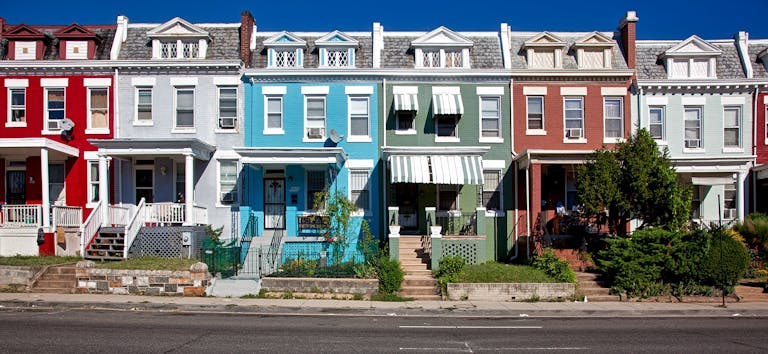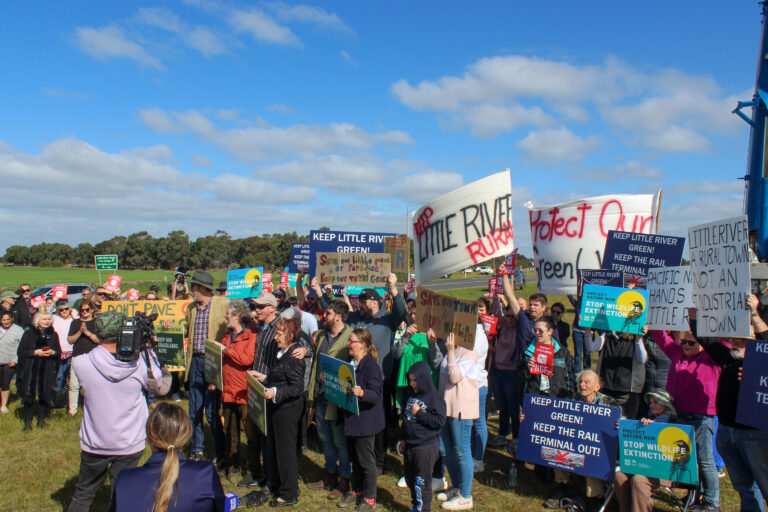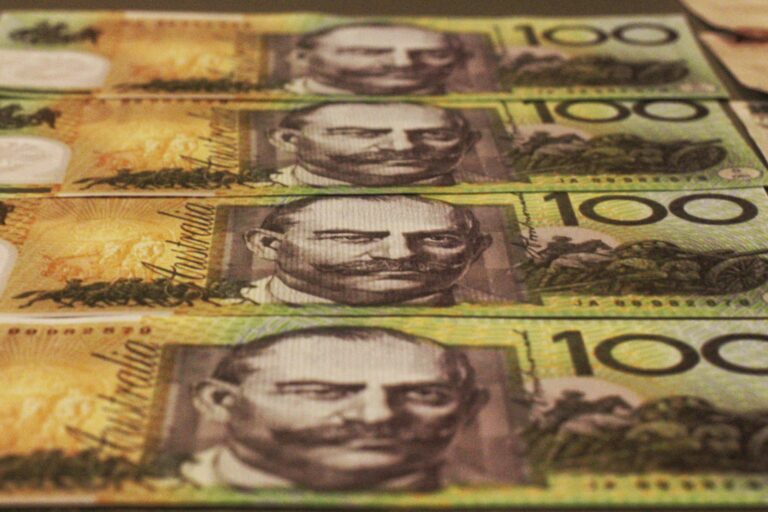20th March 2024 12:59pm
Victorian Legislative Council, Melbourne
Rachel PAYNE (South-Eastern Metropolitan) (12:59): (738)
My constituency question is for the Minister for Energy and Resources. My constituent is an elderly resident of Cheltenham. During the recent heatwave they were forced to use their air conditioner for most of the day and well into the evening to stay cool.
Unfortunately, my constituent, like many others, is struggling with the ever-increasing cost of living, including the price of electricity.
They are worried that their next power bill will be more than they can afford, but they cannot go without something as simple as air conditioning, especially during heatwaves.
My constituent asks: what is the minister doing to ensure that the cost of electricity in Victoria is as low as it can be so that their power bill does not continue to increase?
Written Answer
Received: 16 April 2024
Hon Lily D’Ambrosio MP
(Minister for Climate Action, Minister for Energy and Resources, Minister for the State Electricity Commission)
I thank the Member for South-Eastern Metropolitan Region for her question relating to energy prices.
Russia’s invasion of Ukraine severely disrupted global energy supply, causing the price of internationally traded coal and gas to skyrocket in 2022, which then flowed through to retail energy bills.
Fortunately, Victoria’s investments in cheaper renewable energy meant that Victorians were better insulated against the global fossil fuel price shock with our state having much lower wholesale prices than other states during this period. We are also starting to see some bill relief as wholesale prices stabilise.
An indication of electricity retail prices easing is the Essential Services Commission’s announcement on 19 March 2024 that its draft decision on the Victorian Default Offer price for 2024-25 would see a reduction in annual electricity bills of around $112 (or 6.4 per cent) for residential customers and around $266 (or 7 per cent) for small business customers from 1 July 2024.
The VDO continues to operate as a trusted safety net for customers unwilling or unable to engage in the electricity retail market. While the decrease of the draft VDO is a welcome outcome, the Victorian Government remains focused on supporting Victorian households facing cost-of-living pressures.
Through the Energy Bill Relief Fund, the Victorian Government has partnered with the Commonwealth Government to provide energy bill relief for eligible households and small businesses. From August 2023, eligible Victorian households have been receiving a $250 rebate in instalments on their energy bills. The $250 rebate is in addition to the $250 Power Saving Bonus that was available until 31 August 2023.
I acknowledge that many Victorians are experiencing cost of living pressures. The Victorian Government continues to provide supports to assist these households afford their energy bills:
- A range of concessions are available for eligible concession holders, including 17.5 per cent off annual electricity and winter gas bills, and between 1 November and 30 April an additional 17.5 per cent medical cooling concession for Victorians with medically-required cooling.
- Utility Relief Grants of up to $650 per utility are available every two years for eligible Victorians.
- The Energy Assistance Program provides Victorians with tailored, one-on-one assistance to navigate the energy market and save on bills.
- Visiting the Victorian Energy Compare website, the Victorian Government’s free, independent energy price comparator, helping households and small businesses find the best-priced energy offers for their circumstances.
The Victorian Government also has a range of supports to help households switch to efficient electric appliances, and save on energy bills:
- The Victorian Energy Upgrades for households helps households cut power bills. Since 2009, the program has supported over 2 million households to upgrade their appliances and equipment. Products include space heating and cooling, water heating, and draft sealing. Victorians can also receive a rebate on an energy efficiency assessment for their home and fixed appliances.
- The Solar Victoria program helps households switch to solar and save on power bills. Solar PV rebates are available of up to $1,400 plus the option of an interest-free loan for existing homes and homes under construction. Interest-free loans for installing solar batteries are available for up to $8,800 to assist households store solar energy produced from solar panels.
[ENDS]





